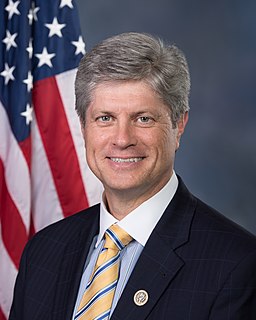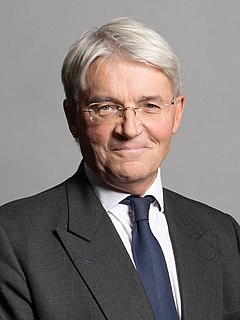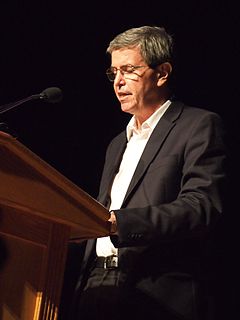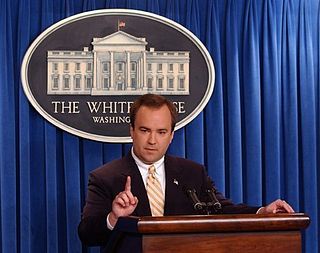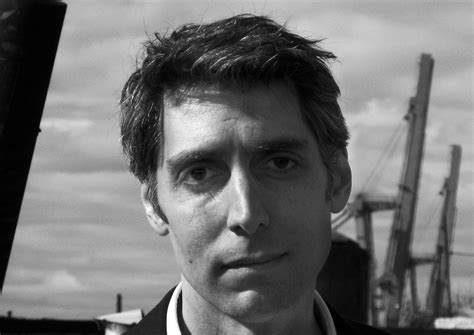A Quote by Robert Dallek
Despite an unqualified understanding that U.S. national security was inextricably bound up with Britain's survival, F.D.R. knew that his reelection in part rested on the hope that he would keep the country out of war.
Related Quotes
I'm not interested in embarrassing the United States. We as a nation need to foster a broader understanding of national security, and when in the name of national security the US government both overtly and covertly aligns itself with the apartheid state and against heroic freedom fighters for racial justice ... Not only in 1962 but also keeping in mind that Mandela was on the US terror watch list until 2008, that kind of myopic understanding of national security has devastating consequences.
We have a media that goes along with the government by parroting phrases intended to provoke a certain emotional response - for example, "national security." Everyone says "national security" to the point that we now must use the term "national security." But it is not national security that they're concerned with; it is state security. And that's a key distinction.
There is some rationale backing Kim Jong-un's actions, which are survival - survival for his regime, survival for his country. And he has watched, I think, what has happened around the world relative to nations that possess nuclear capabilities and the leverage they have, and seen that having the nuclear card in your pocket results in a lot of deterrence capability. The lessons that we learned out of Libya giving up its nukes and Ukraine giving up its nukes is, unfortunately, if you have nukes, never give them up.
National security is a really big problem for journalists, because no journalist worth his salt wants to endanger the national security, but the law talks about anyone who endangers the security of the United States is going to go to jail. So, here you are, especially in the Pentagon. Some guy tells you something. He says that's a national security matter. Well, you're supposed to tremble and get scared and it never, almost never means the security of the national government. More likely to mean the security or the personal happiness of the guy who is telling you something.
Actually, the phrase "national security" is barely used until the 1930s. And there's a reason. By then, the United States was beginning to become global. Before that the United States had been mostly a regional power - Britain was the biggest global power. After the Second World War, national security is everywhere, because we basically owned the world, so our security is threatened everywhere. Not just on our borders, but everywhere - so you have to have a thousand military bases around the world for "defense."
Critics have stepped up their attacks on the President for authorizing the National Security Agency to listen to international communications of known al Qaeda members or affiliated terrorists during a time of war. The American people expect their leaders to stay a step ahead of the enemy, and the National Security Agency authorization is a critical tool in the War on Terror that saves lives and protects civil liberties at the same time.
When war is waged, it is for the purpose of safeguarding or increasing one's capacity to make war. International politics are wholly involved in this vicious cycle. What is called national prestige consists in behaving always in such a way as to demoralize other nations by giving them the impression that, if it comes to war, one would certainly defeat them. What is called national security is an imaginary state of affairs in which one would retain the capacity to make war while depriving all other countries of it.
Nothing lasts forever. But—especially as it seems to me cities and humans are symbiotically and inextricably bound at this point—I hope cities have a good, long run. Plus, cities are beautiful creatures in their own right; and as with us, their vulnerability and ephemerality are part of that beauty.
Sir Oswald Mosley thought his job is not just keep Britain from going to war with his beloved Germany, he saw it as his job to organize a complementary fascist movement inside the U.K. So, he formed this organization as the British Union of Fascists in `32. In 1936, they changed their name to the British Union of Fascists and National Socialists

